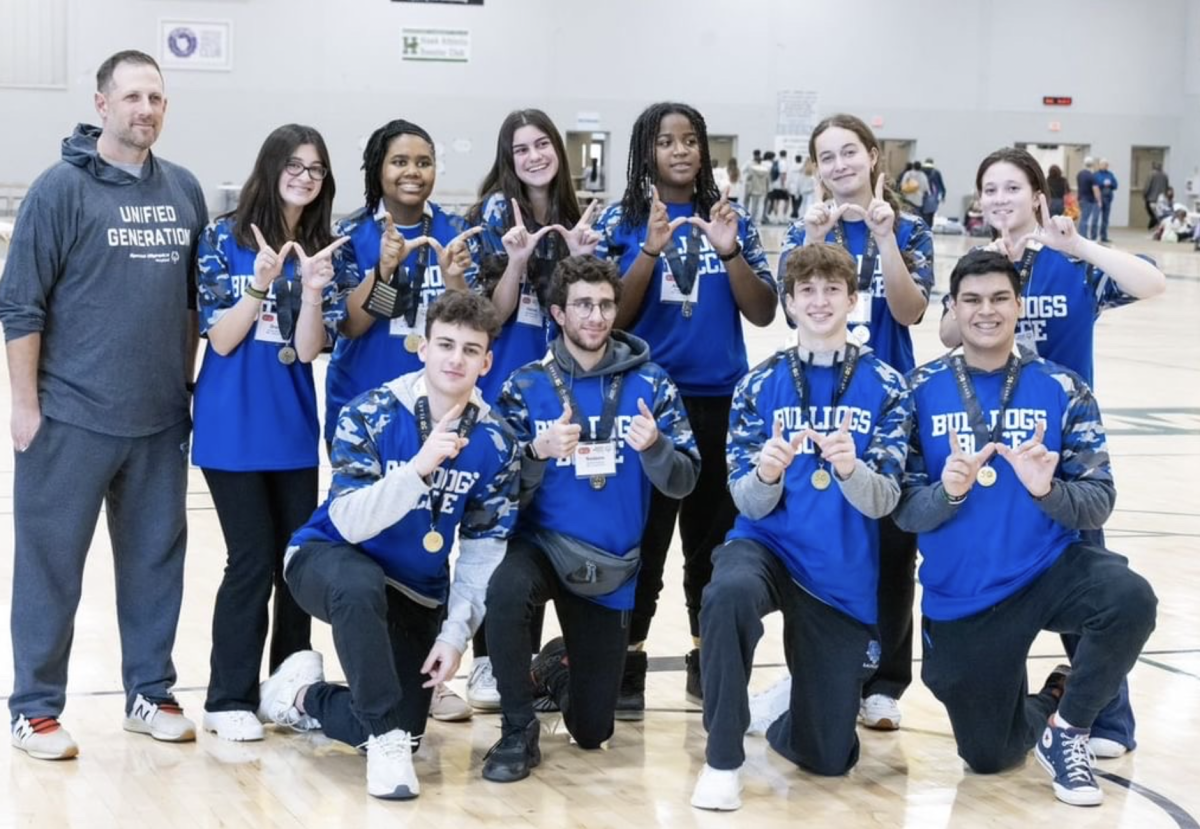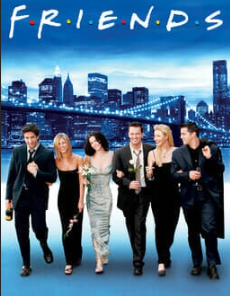Recently, the FDA recommended that the vaccine for human papillomavirus (HPV), traditionally administered to girls, should also be given to males ages 9 through 26.
The vaccine, manufactured by Merck Pharmaceuticals, is marketed under the name Gardasil and is given as three injections over a six-month period.
According to a Merck information packet, anyone can get the virus through any kind of genital contact and intercourse isn’t necessary for transmission. Merck claims that Gardasil is effective in protecting males from 90 percent of the viruses that cause genital warts cases and certain rare cancers. Additionally, males who receive the vaccine are less likely to transmit HPV to female sexual partners.
HPV is the most common sexually transmitted disease (STD) in America, so common in fact that the Centers for Diesease Control (CDC) notes that 50 percent of sexually active men and women get it at some point in their lives.
According to a Food and Drug Administration (FDA) press release, each year about two out of every 1,000 men in the United States are newly diagnosed with genital warts.
Although the vaccine used for boys was approved by the FDA in the fall of 2009, the new product is still relatively unknown among both parents and students.
According to a representative of the local medical practice Bethesda Pediatrics, while they recommend Gardasil to their male patients, many are not aware of the drug.
“[My son] went to the doctor last spring, and he wasn’t offered the vaccine,” said English composition assistant and CHS parent JoAnn Constantinou.
According to CHS health teachers Christen Gjeldum and Joel Aronchick, the drug has not made its way into the county curriculum either, as the CHS health department has not received any information on an HPV vaccine for males.
As with many new drugs, some are hesitant to use them until they know of any serious side effects.
“There’s an element of risk with new vaccines when you haven’t heard about dangerous side-effects,” Constantinou said.
Despite concerns about the new drug “to date, the vaccine appears to be quite safe,” oncologist and former CHS parent Christine Draffin said.
One other key consideration for students thinking about getting the vaccine is its effectiveness when the recipient has already become sexually active. Since the vaccine is a preventative measure and not a cure, it is ineffective once someone has contracted the virus.
According to Draffin, receiving the vaccine after the recipients have already become sexually active “can’t hurt,” but becomes less and less likely to help as they have sex with more partners.
Categories:
FDA reccomends HPV vaccine for young males
December 22, 2010
Story continues below advertisement
0
Tags:
More to Discover







